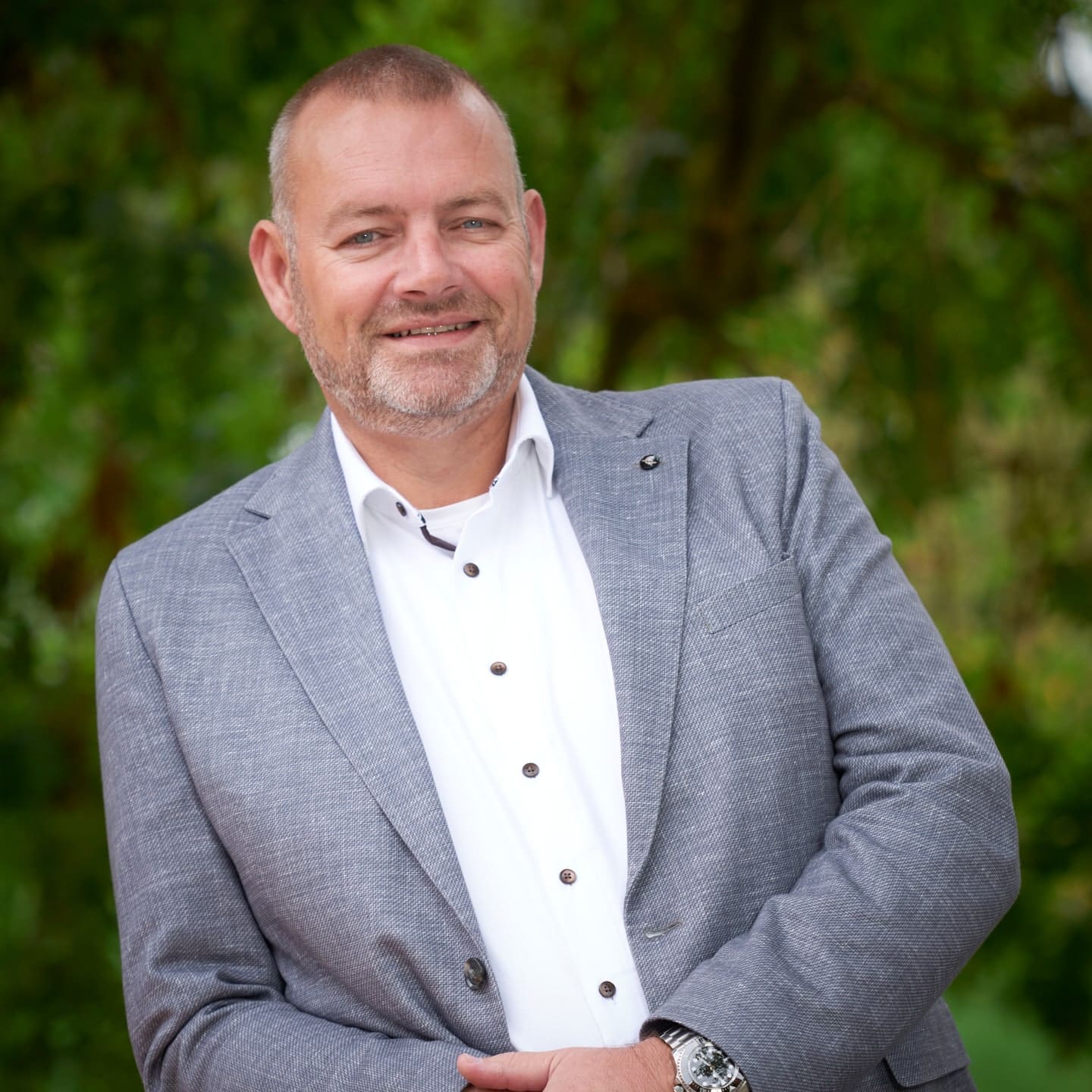At Broekman Logistics, we witness daily the strength and versatility of the Port of Rotterdam. When I, Rob van Dijk, Director Operations at Broekman Logistics, talk about our work at birthday parties, people often think of the huge container ports and the impressive shipyards in the Drechtsteden or Schiedam. Over the years, the RPPC has successfully contributed to the visibility and recognition of breakbulk and heavy lift activities. However, it involves more than just lifting heavy items, storing them, or loading them onto a ship. In this column, I want to talk more about the invisible world of Value Added Logistics (VAL) and Value Added Services (VAS). They play a crucial role in the logistics chain.
At its core, VAL is about adding value to the goods flows that pass through our port. This can range from simple actions such as packing and labelling products, to more complex processes like building product displays, packaging multiple items into one package, repackaging, and managing return flows. These services ensure that products reach their destination in an efficient and customer-focused manner.




